Sigmund Shipp
Ph.D. CRP '92
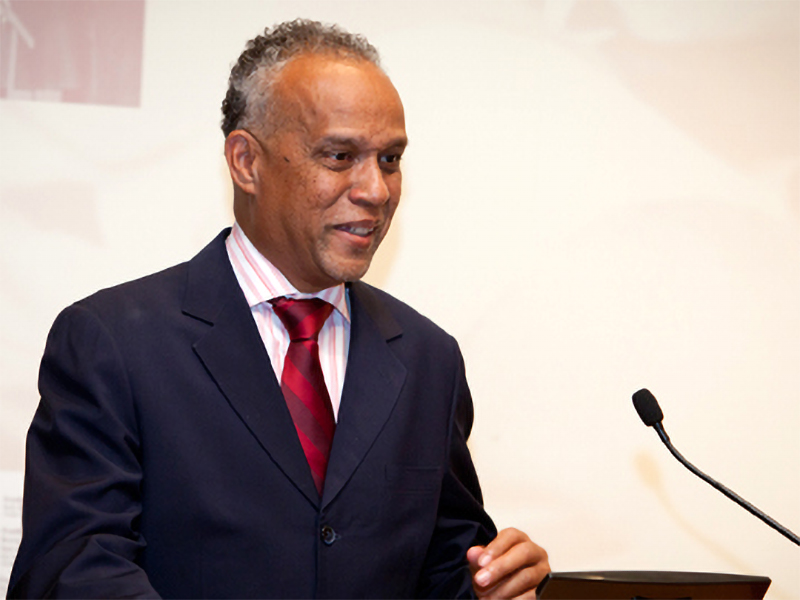
Sigmund Shipp, headshot (2011). photo / provided
Projects
Selected Writings
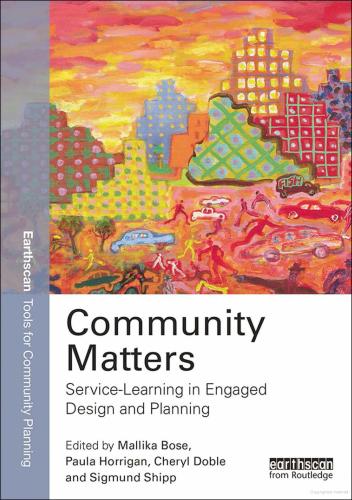
Community Matters: Service-Learning in Engaged Design and Planning, ed. Mallika Bose, Paula Horrigan, Cheryl Doble, Sigmund C. Shipp (Routledge, 2014). Winner of the Environmental Design Research Association (EDRA) 2015 Book Award.
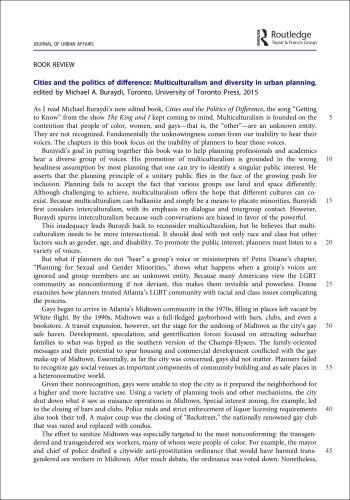
S. Shipp, Review of Cities and the Politics of Difference: Multiculturalism and Diversity in Urban Planning, ed. by Michael A. Burayidi, Journal of Urban Affairs 40, no. 8 (2018): 1196–1197, https://doi.org/10.1080/07352166.2018.1470875.
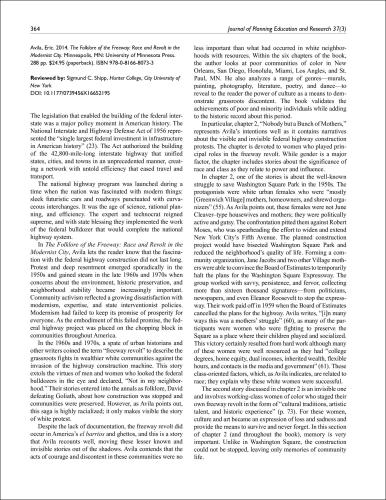
S. Shipp, Review of The Folklore of the Freeway: Race and Revolt in the Modernist City, by Eric Avila, Journal of Planning Education and Research 37, no. 3 (2016): 364–365.
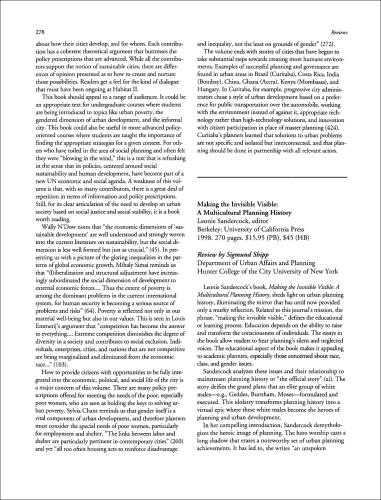
S. Shipp, Review of Making the Invisible Visible: A Multicultural Planning History, ed. by Leonie Sandercock, Journal of Planning Education and Research 18, no. 3 (1999): 278–279.
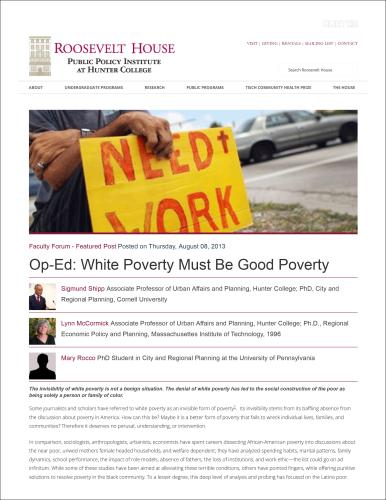
S. Shipp, L. McCormick, M. Rocco, "Op-Ed: White Poverty Must Be Good Poverty," Roosevelt House Public Policy Institute at Hunter College, August 8, 2013, http://www.roosevelthouse.hunter.cuny.edu/?forum-post=op-ed-white-poverty-must-be-good-poverty.
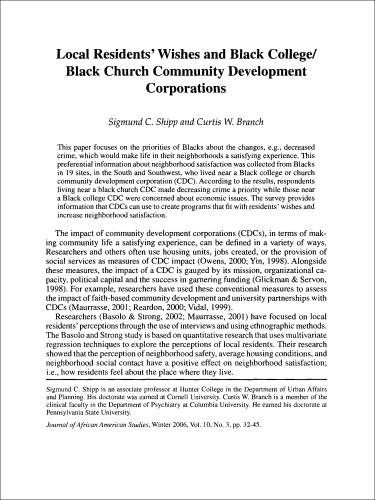
S. Shipp, C. Branch, "Local Residents' Wishes and Black College/Black Church Community Development Corporations," Journal of African American Studies 10, no. 3 (2006): 32–45.
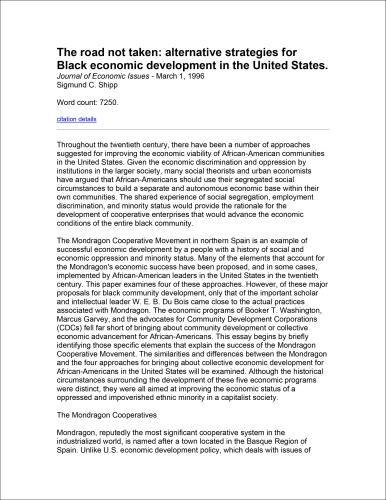
S. Shipp, "The Road Not Taken: Alternative Strategies for Black Economic Development in the United States," Journal of Economic Issues 30, no. 1 (1996): 79–96.
Color: Lorem ipsum dolor sit amet, consectetur adipisicing elit. Distinctio, eveniet?
